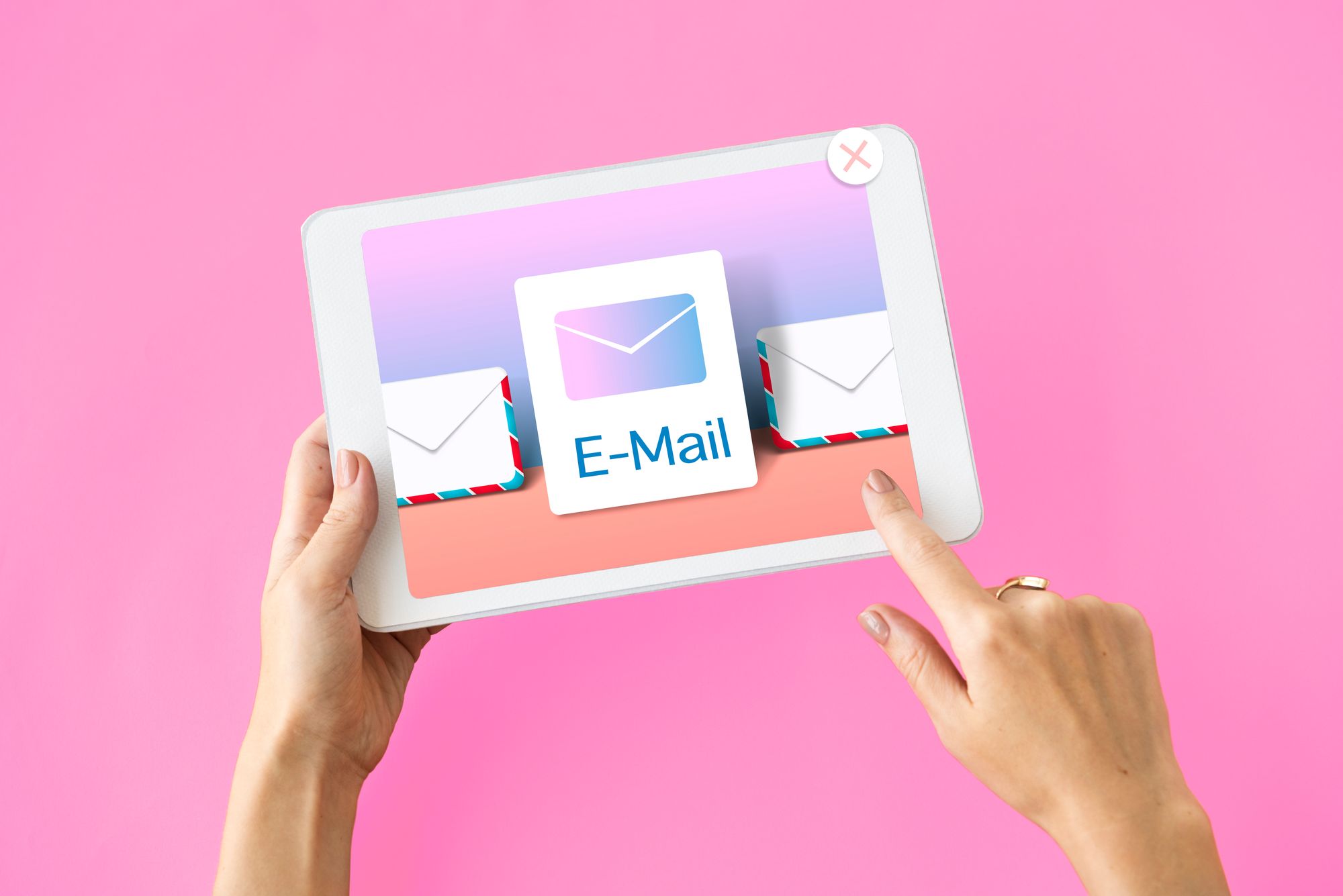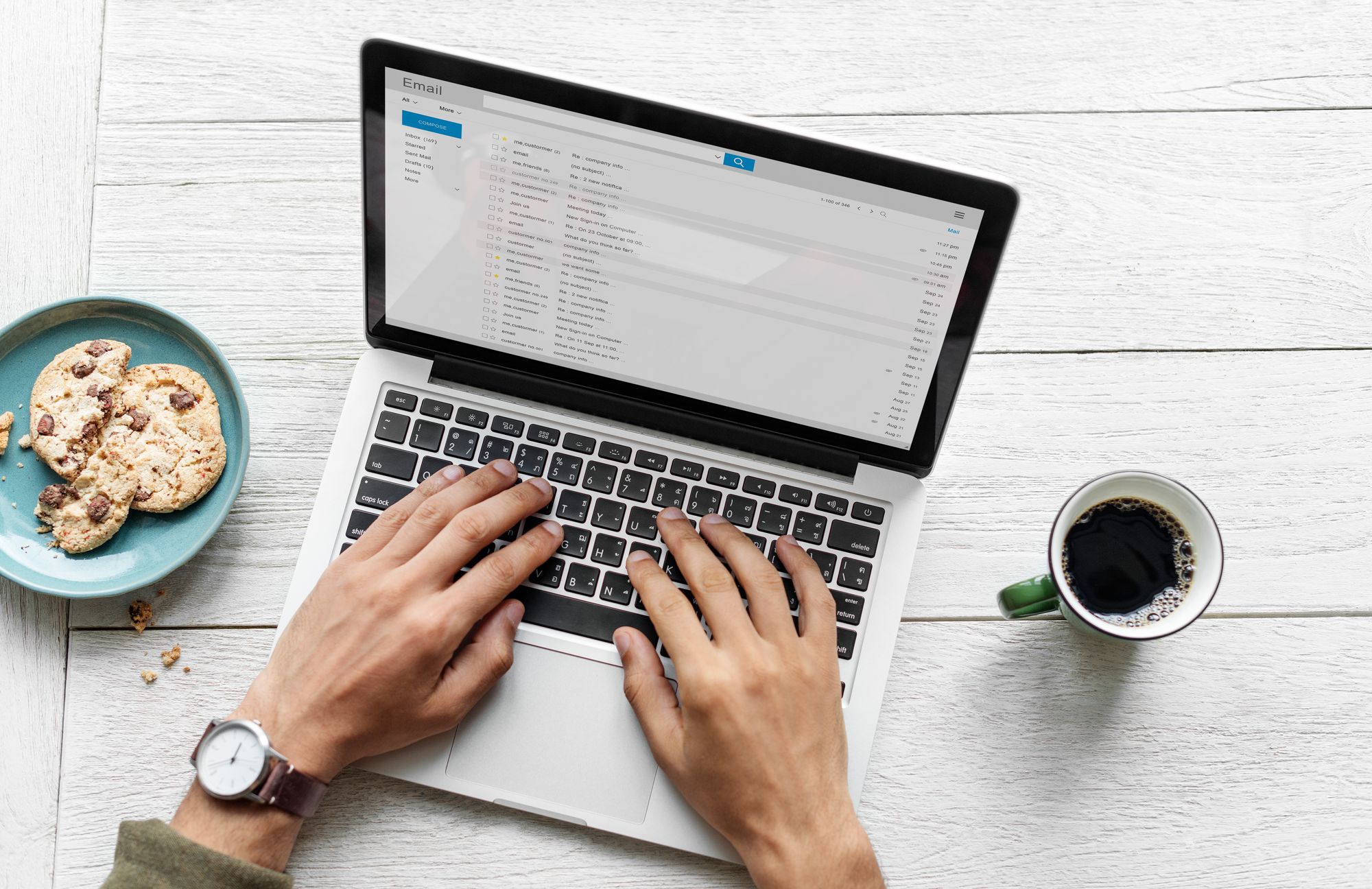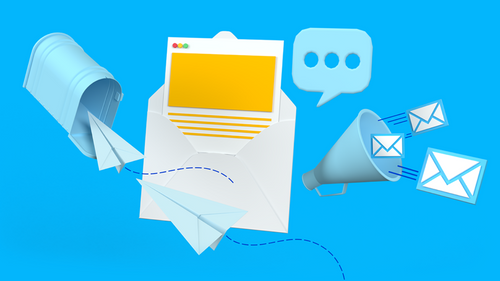Email has become an essential communication tool in both personal and professional settings. However, the constant influx of emails can be overwhelming and time-consuming. Many people find themselves constantly checking their email throughout the day, which can disrupt productivity and increase stress levels. In this comprehensive guide, we will explore the question of how many times you should check your email. We'll provide insights on finding the right balance to effectively manage your inbox, improve productivity, and reduce email-related stress.
The Pitfalls of Constant Email Checking

Constantly checking your email can have several negative effects on your productivity and well-being. Here are some pitfalls to consider:
1. Productivity Loss
Each time you check your email, it takes time to shift your focus and respond to new messages. Constantly interrupting your workflow to check email can lead to a loss of productivity and make it difficult to concentrate on important tasks.
2. Increased Stress and Distraction
Checking email frequently can increase stress levels, as it creates a constant need to be responsive and address new messages immediately. The constant distraction of incoming emails can disrupt your concentration and make it challenging to stay focused on your work.
3. Overwhelm and Inbox Fatigue
A constantly overflowing inbox can lead to feelings of overwhelm and fatigue. The never-ending stream of emails can make it challenging to keep up and may result in important messages getting buried or overlooked.
4. Lack of Deep Work Time
Deep work, which involves sustained focus on cognitively demanding tasks, is essential for accomplishing meaningful work. Constant email checking interrupts deep work sessions and hinders your ability to engage in focused, uninterrupted thinking.
Finding the Right Balance

While the ideal frequency for checking email may vary depending on individual circumstances, finding the right balance is crucial. Here are some strategies to help you manage your email effectively:
1. Establish Email Checking Intervals
Instead of checking your email constantly, establish specific intervals throughout the day for checking and responding to messages. This could be two to three times a day or at designated time blocks. Set aside dedicated email time and avoid checking email outside of those designated periods.
2. Prioritize and Set Expectations
Develop a system for prioritizing emails based on importance and urgency. Respond promptly to high-priority messages and set clear expectations with colleagues or clients regarding response times. By setting boundaries and managing expectations, you can alleviate the pressure to constantly check your inbox.
3. Use Email Filters and Rules
Utilize email filters and rules to automatically categorize and sort incoming messages. This allows you to focus on the most important emails and reduces the time spent on low-priority or irrelevant messages.
4. Turn Off Email Notifications
Disable email notifications on your devices to avoid constant interruptions. Instead, schedule specific times to check your email and dedicate your attention solely to the task at hand during other periods.
5. Delegate and Collaborate
If possible, delegate email management tasks to a team member or use collaborative tools to streamline communication. This can help distribute the workload and reduce the need for individual team members to constantly check their emails.
6. Practice Mindful Email Checking
When you do check your email, approach it mindfully. Focus on processing and responding to messages efficiently, rather than getting caught up in distractions or unnecessary browsing. Set a specific time limit for each email session to maintain productivity.
Commonly Asked Questions
1. How often should I check my email?
The ideal frequency for checking email varies depending on individual circumstances and job requirements. However, aiming to check email two to three times a day, or at designated intervals, can be an effective approach for most individuals.
2. What if I have an urgent email or client communication?
While it's important to establish email checking intervals, urgent matters or time-sensitive client communications should be addressed promptly. Prioritize urgent messages and have a system in place to ensure you don't miss critical communications.
3. Is it necessary to check email outside of work hours?
Unless your job requires it, checking email outside of work hours is generally not necessary and can negatively impact your work-life balance. Establish clear boundaries between work and personal time to promote overall well-being.
4. How can I reduce email-related stress?
Reducing email-related stress involves setting boundaries, managing expectations, and practicing effective email management strategies. Prioritize tasks, delegate when possible, and establish clear communication guidelines to alleviate the pressure and stress associated with email.
Conclusion
Finding the right balance for checking your email is crucial for maintaining productivity, reducing stress, and optimizing your work-life balance. Constantly checking your email can lead to productivity loss, increased stress, and overwhelm. By implementing strategies such as establishing email checking intervals, setting expectations, using filters and rules, turning off notifications, delegating and collaborating, and practicing mindful email checking, you can effectively manage your inbox and regain control over your time and focus.
Remember, the ideal frequency for checking email may vary depending on individual circumstances, but striving to check it two to three times a day or at designated intervals is a good starting point. By finding the right balance, you can prioritize your tasks, stay focused on important work, and achieve a healthier relationship with email.



